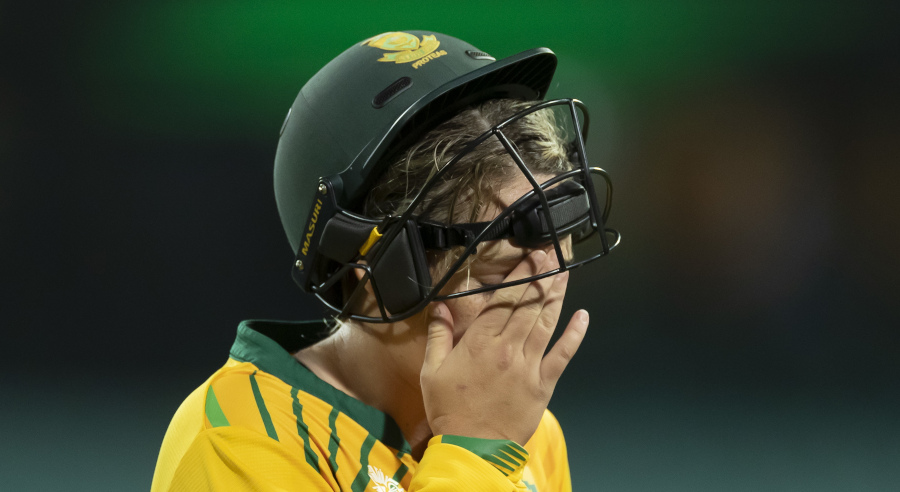Cricket South Africa has betrayed the game it has a mandate to protect and develop and in the process potentially destroyed cricket in South Africa, writes RYAN VREDE.
On Wednesday morning, the South African government released a media statement detailing its intention to intervene in CSA’s affairs. It has given CSA until 27 October to mount a case for the body’s ongoing, independent functioning.
There is no such case that would be compelling enough for government to relent on its determined course of action. The CSA board is fundamentally broken. Cricket in South Africa is fundamentally broken as a result.
The depth of CSA’s brokenness was reflected by a singular action taken in its meeting with the Parliamentary sports portfolio committee (PPC) on Tuesday. CSA acting president Beresford Williams was asked to leave the virtual meeting because he is implicated in wrongdoing in the full Fundudzi report, including approving the hiring of former CEO Thabang Moroe, who the report reveals was woefully under-qualified for the job.
The PPC, having read the full report, is adamant that the findings demand the board steps down, claiming it cannot investigate itself. The chairperson of CSA’s risk and audit committee, Marius Schoeman, argued that none of the board members implicated in the report will be involved in the investigation.
The PPC was having none of it and reiterated its view that the board should step down while an independent body investigates the findings of the report and returns to parliament with recommendations.
Thereafter, the Minister of Sports, Nathi Mthethwa, was advised to intervene in the affairs of CSA. He duly notified the International Cricket Council (ICC) of government’s intention to do so. The ICC is bound by its constitution to immediately ban any affiliate whose government intervenes in its affairs from all international cricket.
It did so with Zimbabwe in 2019. South Africa is surely next, given the aforementioned improbability of CSA mounting a case that will sway government. Such a ban brings with it the suspension of all funding assistance from the ICC.
This will financially destroy an organisation that is already millions in debt. The knock-on effect will be that the 12 affiliates will either perish or be compromised in a way that seriously undermines their sustainability. This will effectively be a death blow to professional, amateur and club cricket in South Africa.
In immediate danger is England’s tour of South Africa in mid-November. The three ODI and three T20I series were likely going to be played behind closed doors, although government is currently reviewing requests from a myriad of professional sports bodies to reconsider its stance on this matter.
Still, it would have had CSA pocket some funds from various income streams related to the tour. Privately, CSA was banking on this heavily to sustain its operations and continue to support its affiliates in a manner that facilitated their sustainability, too.
Zimbabwe, who were banned for three months, are still struggling to recover from the impact of their international sanction. South African cricket starts from a healthier base, but the effects have the potential to be devastating in the short term and felt long after any international ban is lifted.
I wrote last week that the notion that one man, former CEO Thabang Moroe and a small clutch of cronies, could bring down an organisation like CSA is laughable. I wrote that ‘… it speaks to a culture of corporate passivity, tolerance and compliance that one man would be allowed to get away with such acts as detailed in these allegations. What exactly were the rest of the board doing to arrest this behaviour? How was Moroe, with the assistance of a couple of alleged co-conspirators, able to get away with what is alleged on their watch? How and why did CSA’s executive leadership allow this man to fundamentally compromise the game’s governing body?’
Now, thanks to some details of the full report – a report CSA has and is trying desperately to protect from public view – being exposed in the PPC hearing, it has become clear that the rot extends well beyond Moroe and co.
The report needs to be made available to the people. The game belongs to the people, not cricket administrators or government. Government’s only role now is to swiftly bring those responsible for destroying the people’s game to justice.
I have little faith it will. Government cannot even manage to bring those responsible for looting South Africa’s coffers to justice, despite an overwhelming weight of evidence being available to do so.
The future of South African cricket indeed looks bleak.







